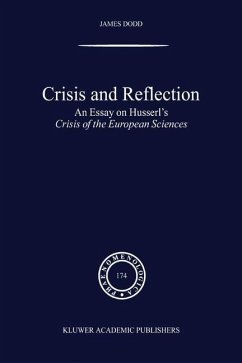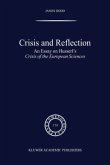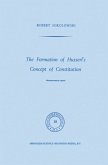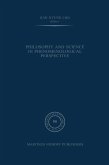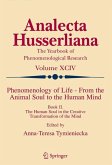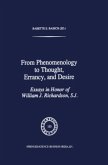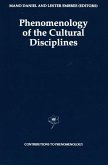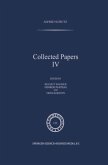In his last work, "Crisis of the European Sciences and Transcendental Phenomenology", Edmund Husserl formulated a radical new approach to phenomenological philosophy. Unlike his previous works, in the "Crisis" Husserl embedded this formulation in an ambitious reflection on the essence and value of the idea of rational thought and culture, a reflection that he considered to be an urgent necessity in light of the political, social, and intellectual crisis of the interwar period. In this book, James Dodd pursues an interpretation of Husserl's text that emphasizes the importance of the problem of the origin of philosophy, as well as advances the thesis that, for Husserl, the "crisis of reason" is not a contingent historical event, but a permanent feature of a life in reason generally.
From the reviews: "Dodd focuses his study upon the historical character of reason and the idea of the lifeworld as a way into phenomenology ... . This book is a solid contribution to modern Husserlian scholarship, and I recommend it especially for social scientists who wish to engage with the central themes of phenomenology." (Kenneth Liberman, Human Studies, Vol. 31, 2008) "It is written for those who already 'believe' that Husserl's Crisis should be taken seriously but may be puzzled about certain issues that it aspires to illuminate. It is also a book for those who are convinced that Husserl's Crisis is a text that continues to be relevant for us today ... . Dodd provides such a sustained argument, and he does it well ... ." (Tanja Staehler, Husserl Studies, Vol. 25, 2009)

